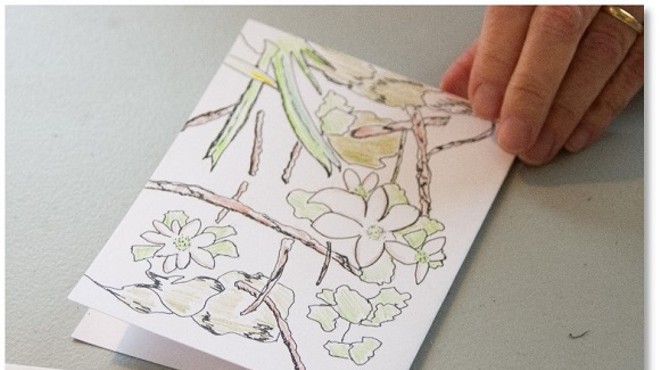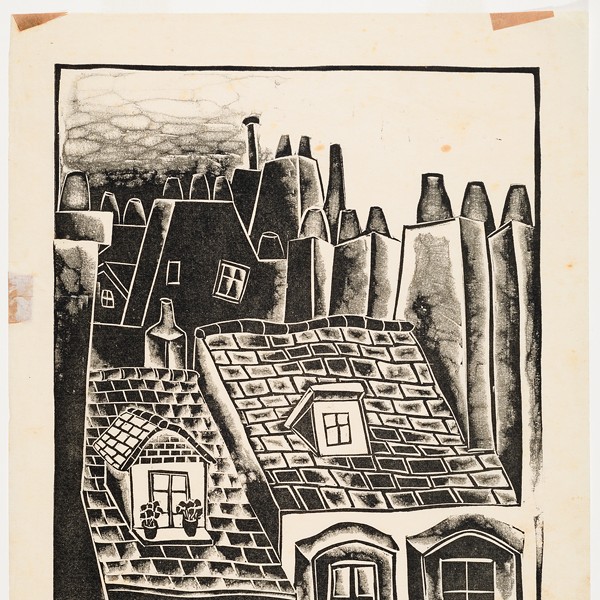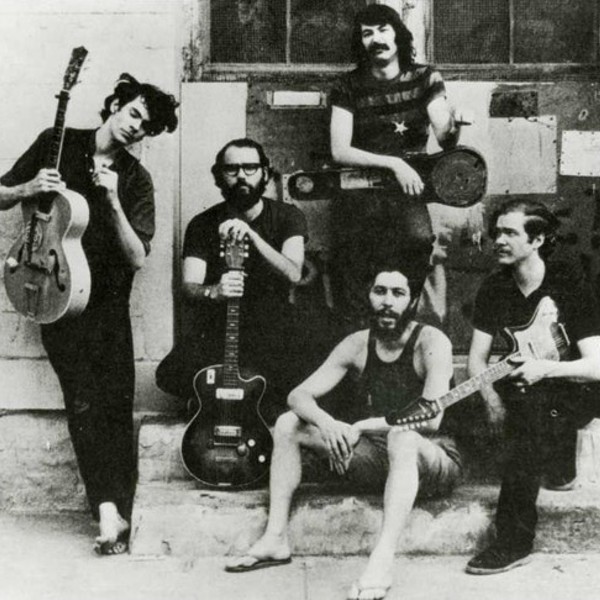Esteemed Reader of Our Magazine:
I'm sharing a poem I learned from a Persian dervish. We sang it in Farsi, together with complex rhythms on dumbeks, daffs, and zarbs. Those who knew how would play the melody on the ney, setar, and kemancheh, all traditional Persian instruments.
We spent three weeks in the wilderness—singing, dancing, drumming, making our food on an open fire, fasting, whirling, doing exercises—singing the song under a canopy of trees, rays of sunlight shining through, and then late into the night around a campfire.
Perhaps it is because of this intense setting that the poem rings true for me, expressing the poignancy and loneliness of existence in this world—a place that often feels alien and full of strangers, though sometimes, when we least expect it, we collide with one who seems to originate in the same distant, nearby place as ourselves.
—Jason Stern
The Drunkards and the Tavern
I'm drunk and you're insane, who's going to lead us home?
How many times did they say
"Drink just a little, only two or three at most"?
In this city no one I see is conscious;
one is worse off than the next, frenzied and insane.
Dear one, come to the tavern of ruin
and experience the pleasures of the soul.
What happiness can there be apart
from this intimate conversation
with the Beloved, the Soul of souls?
In every corner there are drunkards, arm in arm,
while the Server pours the wine
from a royal decanter to every particle of being.
You belong to the tavern: your income is wine,
and wine is all you ever buy.
Don't give even a second away
to the concerns of the merely sober.
O lute player, are you more drunk, or am I?
In the presence of one as drunk as you, my
magic is a myth.
When I went outside the house,
some drunk approached me,
and in his eyes I saw
hundreds of hidden gardens and sanctuaries.
Like a ship without an anchor,
he rocked this way and that.
Hundreds of intellectuals and wise men
could die from a taste of his yearning.
I asked, "Where are you from?"
He laughed and said, "O soul,
half of me is from Turkestan and half from Farghana.
Half of me is water and mud, half heart and soul;
half of me is the ocean's shore, half is all pearl."
"Be my friend," I pleaded. "I'm one of your family."
"I know the difference between family and outsiders."
I've neither a heart nor a turban,
and here in this house of hangovers
my breast is filled with unspoken words.
Shall I try to explain or not?
Have I lived among the lame for so long
that I've begun to limp myself?
And yet no slap of pain could disturb
a drunkenness like this.
Listen, can you hear a wail
arising from the pillar of grief?
Shams al-Haqq of Tabriz, where are you now,
after all the mischief you've stirred in our hearts?
(translated from the Mathnawi by Kabir Helminski, The Rumi Collection)

















